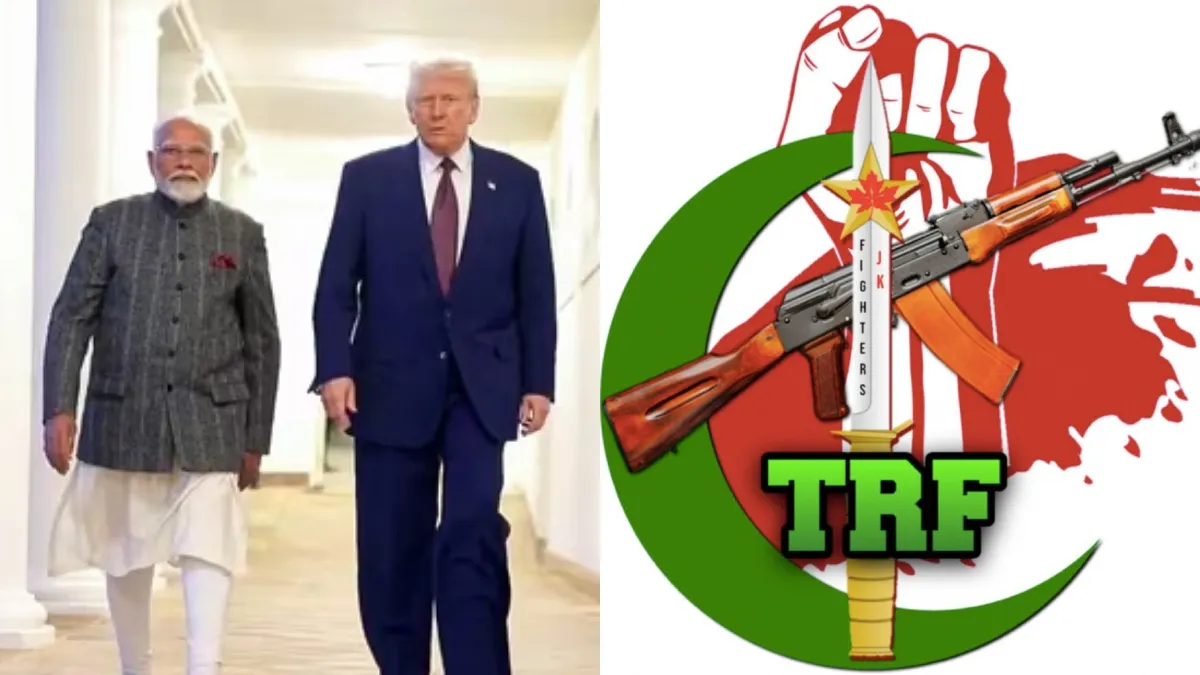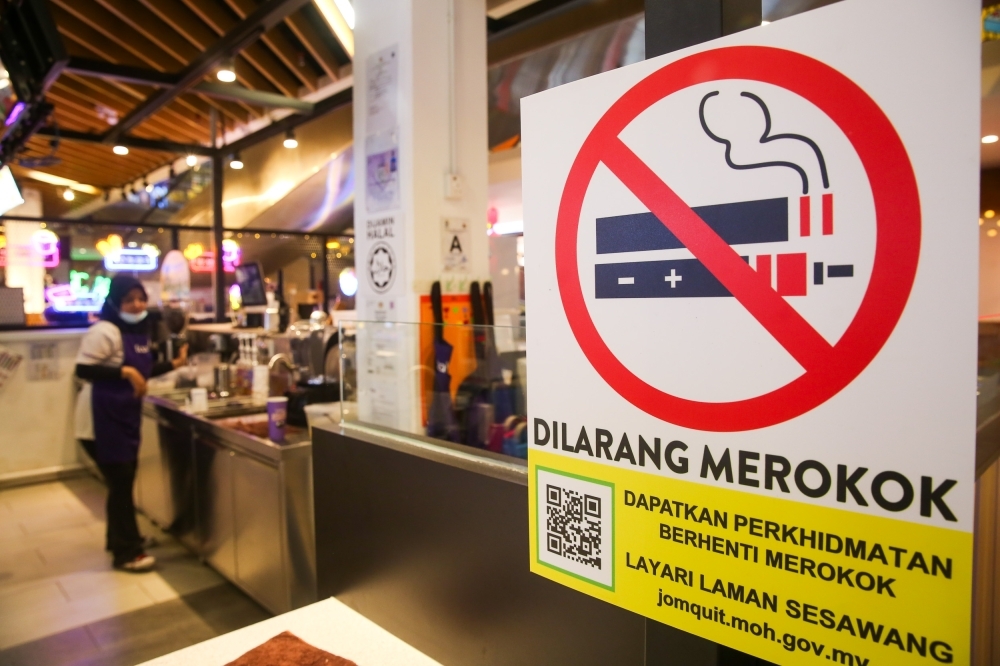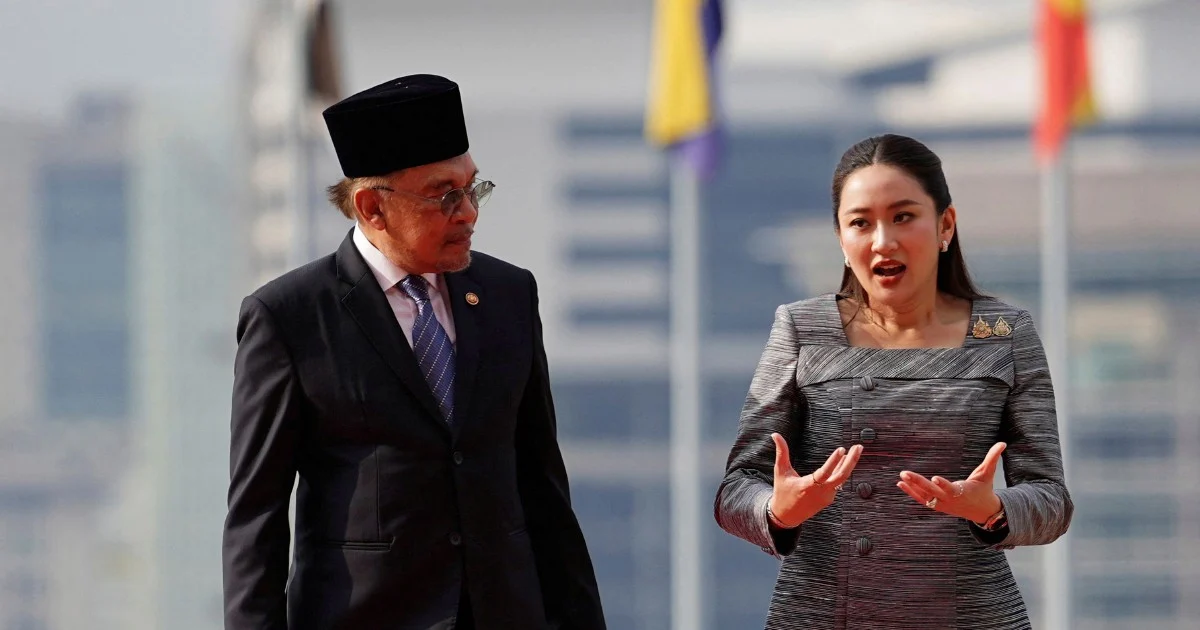In a move that resonates deeply with the families of terror victims and all who seek peace in South Asia, the United States has officially designated The Resistance Front (TRF) — a known proxy of Pakistan-based Lashkar-e-Taiba (LeT) — as a Foreign Terrorist Organization (FTO) and Specially Designated Global Terrorist (SDGT).
The announcement comes just months after TRF openly claimed responsibility for the heart-wrenching April 22 attack in Pahalgam, where 26 innocent civilian tourists lost their lives. The attack was more than just an act of violence — it was a stark reminder of the long-standing threats faced by people in Jammu and Kashmir, and the growing need for unified global action.
India Welcomes the Recognition
India, which has consistently raised alarm bells about cross-border terrorism backed by Pakistan, welcomed the decision with open arms. Minister of External Affairs, Dr. S. Jaishankar, acknowledged the move as a meaningful affirmation of the deepening ties between India and the U.S. in the fight against terrorism.
Taking to social media platform X, Dr. Jaishankar said:
“Appreciate @SecRubio and @StateDept for designating TRF—a Lashkar-e-Tayyiba (LeT) proxy—as a Foreign Terrorist Organization (FTO) and Specially Designated Global Terrorist (SDGT). It claimed responsibility for the April 22 Pahalgam attack.”
A Signal to Terror Networks
Despite TRF’s attempts to pose as a local insurgent group, intelligence agencies across the globe have confirmed its direct links to LeT and its operations out of Pakistan. The designation by the U.S. sends a strong message—changing names doesn’t erase accountability. It reflects the growing global acknowledgment of India’s long-standing concerns: terrorism, especially in Kashmir, often wears a new mask but has the same dangerous roots.
The U.S. move is also seen as a boost to joint efforts such as the India-U.S. Counterterrorism Joint Working Group, and it enhances the legal and financial tools available to crack down on these groups, limit their resources, and hold their networks accountable.
This is more than just a political or diplomatic statement — it’s a gesture that acknowledges the pain of victims, the resilience of the people of Kashmir, and the unwavering global commitment to peace and justice.




